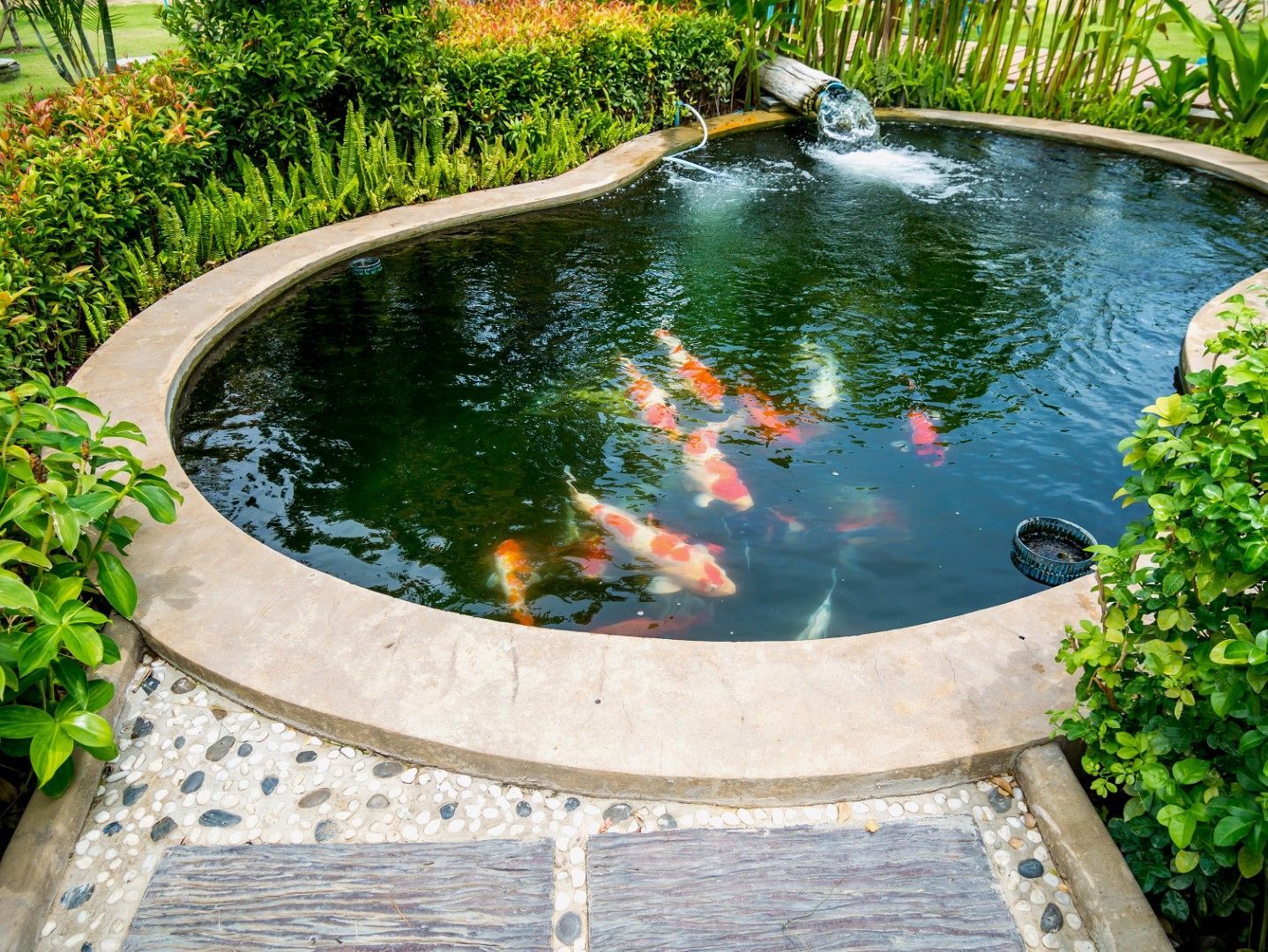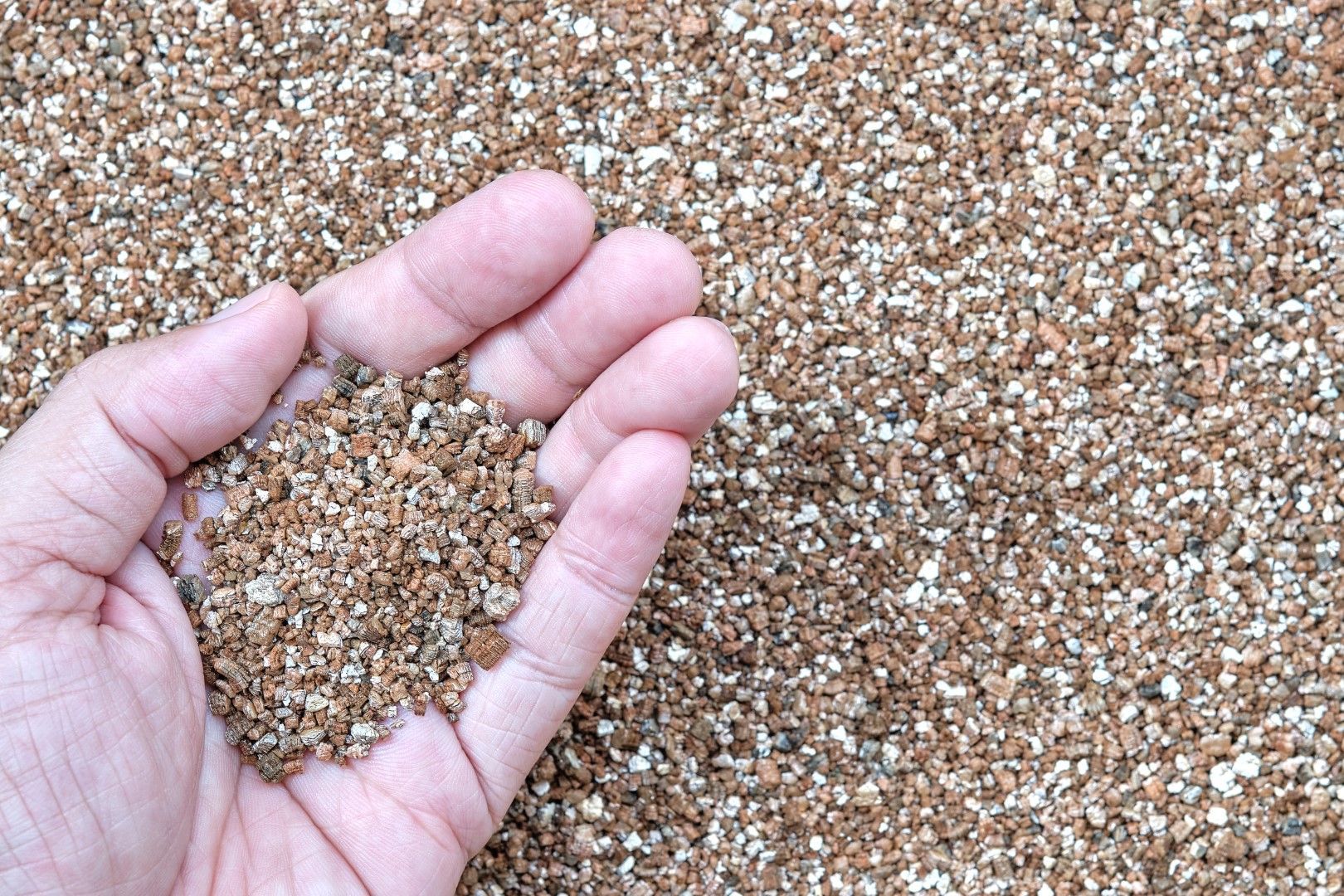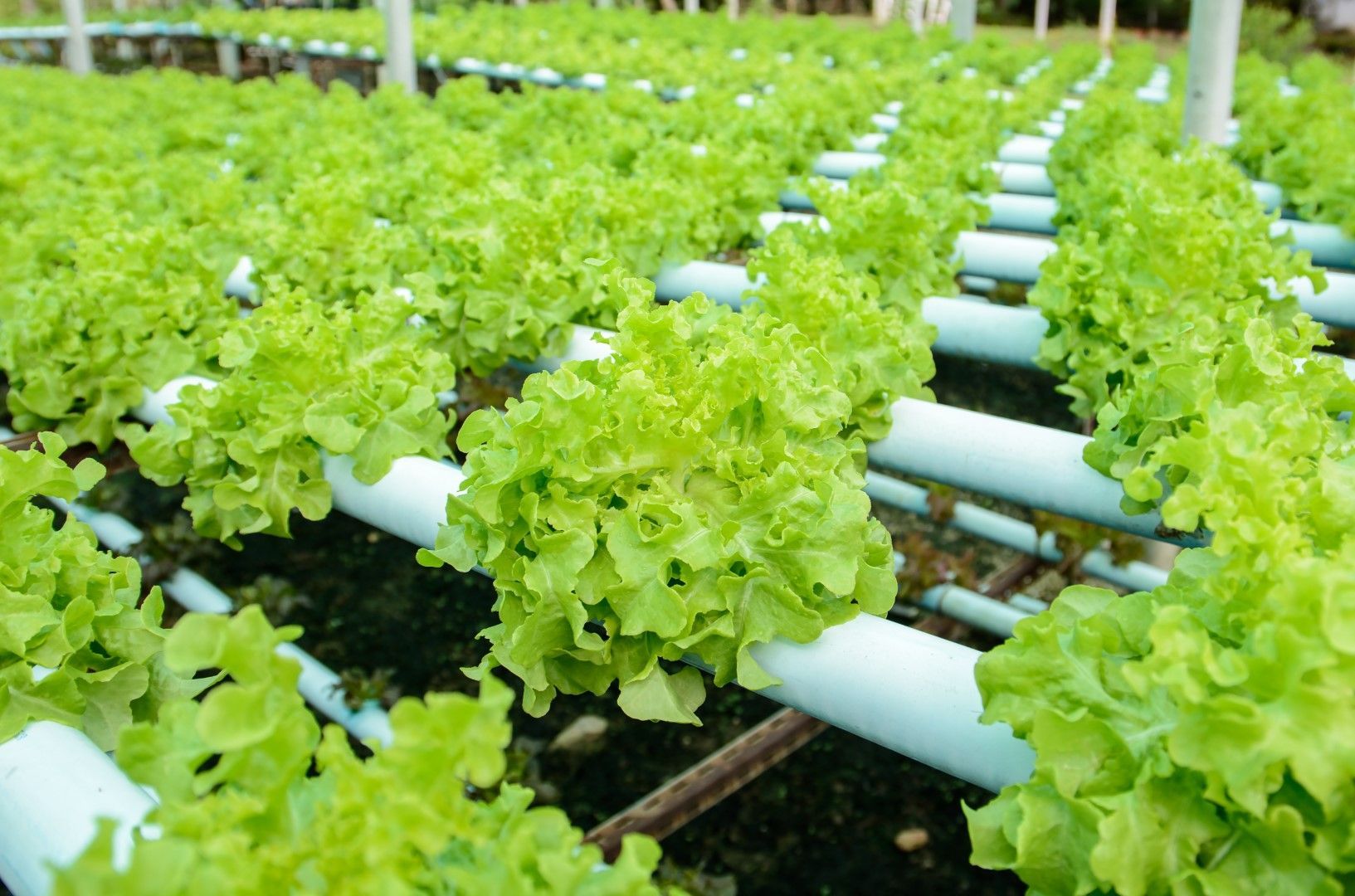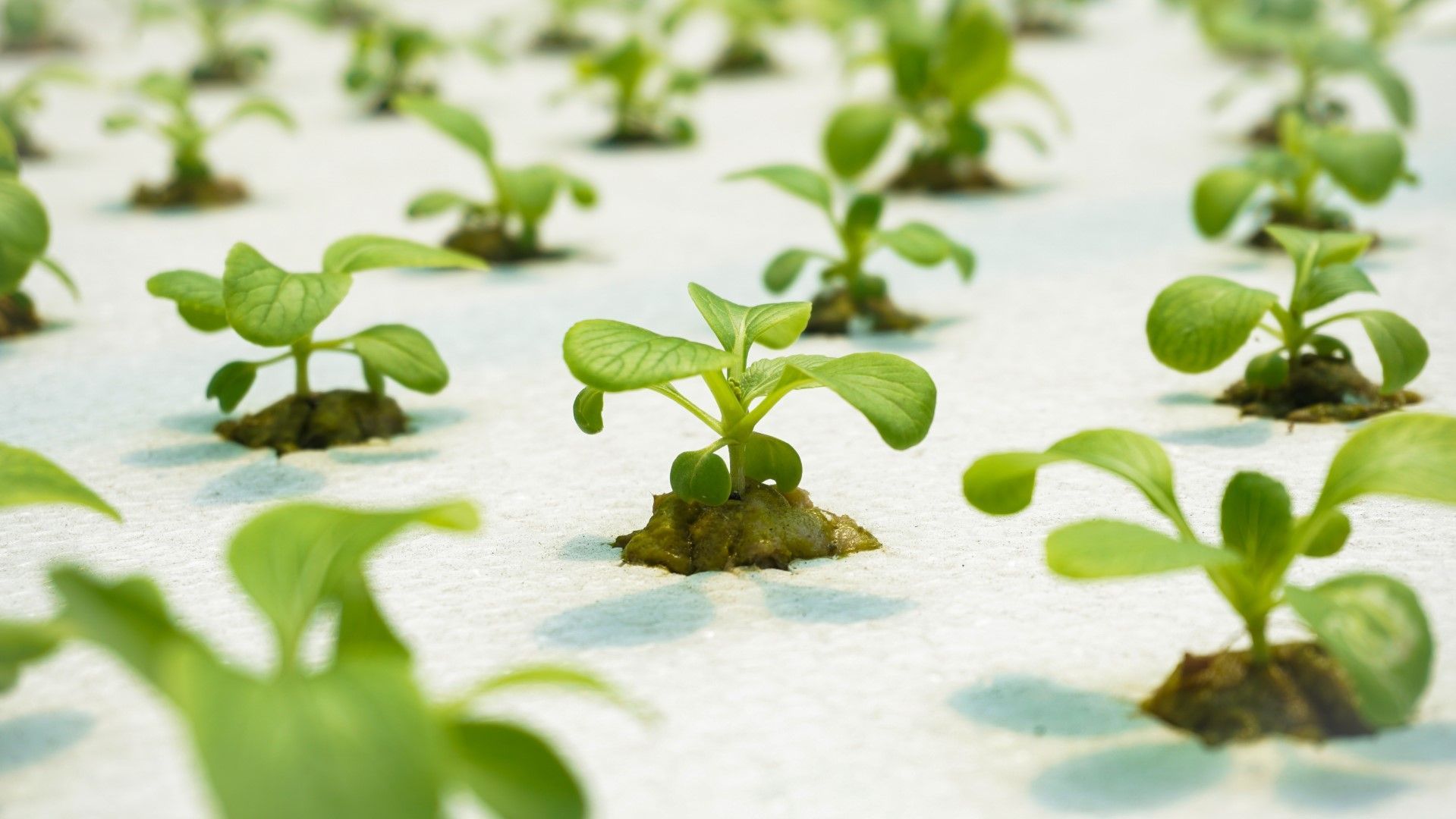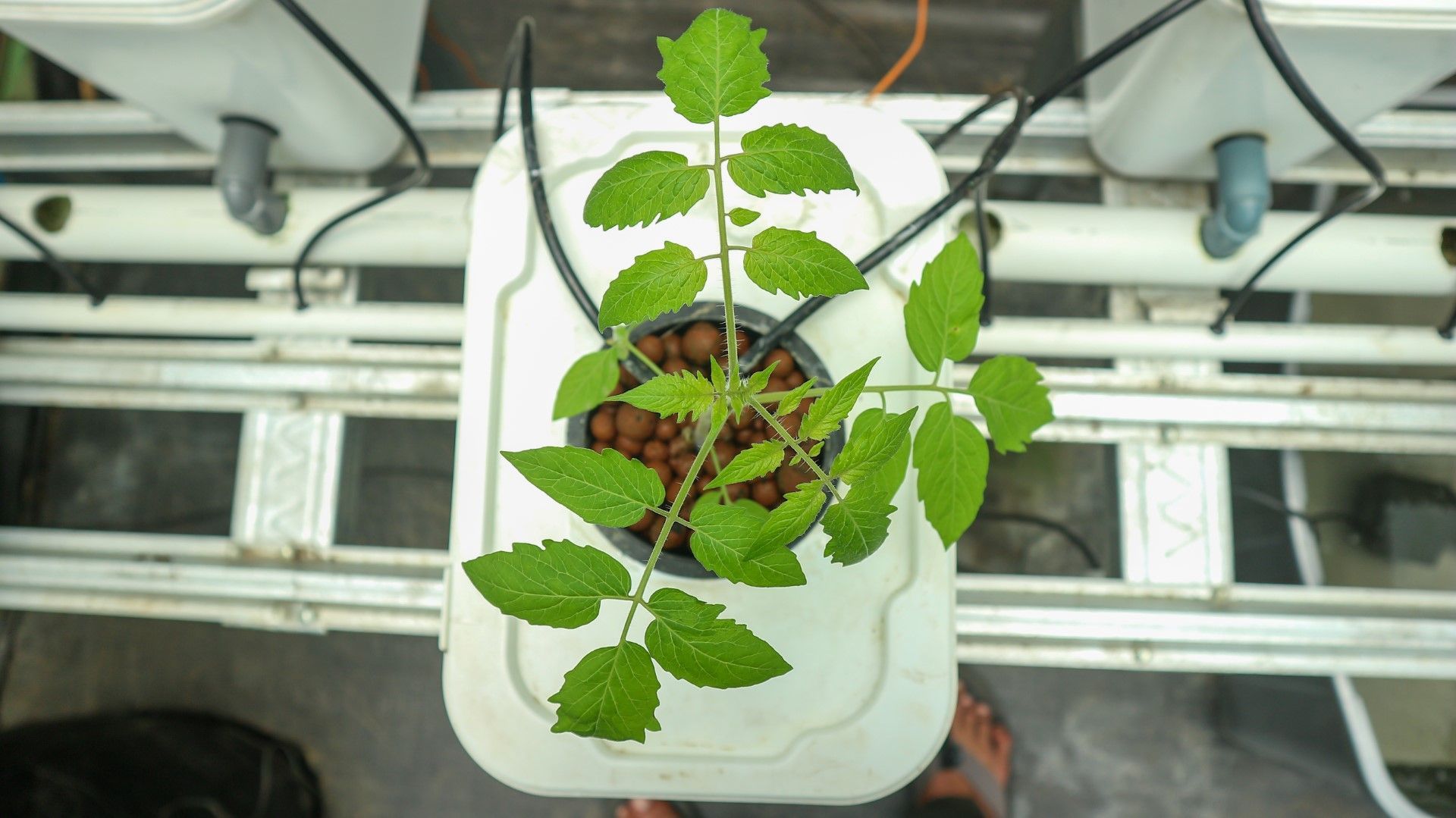What's The Deal With Certified Florida Bass?
The FWC Allows Only Genetically Authenticated Florida Largemouth Bass For Stocking
Florida’s warm climate and thousands of freshwater lakes and ponds make it an ideal place for private pond owners to stock fish for recreation, sport fishing, and conservation. If you’re considering adding Florida largemouth bass to your pond, it’s important to understand state laws and regulations before stocking.
At Focal Point Ponds, we work with private pond and lake owners across Tampa, Lakeland, Plant City, Brooksville, and the greater Central Florida area, helping them legally stock fish while ensuring compliance with state rules. As a licensed fish dealer in Florida, we must follow strict guidelines set by the Florida Fish and Wildlife Conservation Commission (FWC) when selling and stocking bass for clients in Florida.
Understanding the Florida Fish and Wildlife Conservation Commission (FWC)
The FWC is the state agency responsible for managing Florida’s fish and wildlife resources. Their regulations protect native species, prevent the introduction of invasive fish and plants, and ensure Florida’s fisheries remain healthy for future generations.
Unlike fishing laws for public waters (which regulate catch size, bag limits, and seasons), FWC’s rules for private pond stocking focus on preventing the spread of non-native or hybrid fish. This means that even though you own the waterbody, you cannot stock certain species of bass, and we cannot sell or stock them for you without violating Florida law.
What Bass Species Are Legal to Stock in Central Florida?
In 2022, the Florida Largemouth Bass (Micropterus salmoides floridanus), was classified as a distinct species from the Northern Largemouth Bass (Micropterus nigricans), reinforcing the need to protect the native fish population. Any stocked bass must be authenticated via an FWC-approved genetic lab. Only authenticated Florida largemouth bass are approved for stocking under FWC regulations. Currently, these approved fish are only available at a very limited number of hatcheries.
The following, however, are restricted fish:
- Northern Largemouth Bass
- Hybrid largemouth bass (Florida x Northern bass crossbreeds)
If non-authenticated bass are found in a stocked pond, FWC may require their removal. If you're unsure about your fish, we recommend verifying their genetics through an FWC-approved testing lab before stocking.
Why Do These FWC Requirements Matter in Central Florida?
In areas like Hillsborough, Pasco, and Polk counties, where bass fishing is a popular recreational activity, maintaining Florida’s native bass populations ensures that private pond owners can sustain trophy bass fisheries for years to come.
If hybrid or Northern Largemouth Bass are introduced into private waters, it can cause several problems.
- Reduces trophy-sized fish population: Florida bass grow larger and faster than Northern Largemouth Bass, and hybridization could weaken these traits.
- Prevents genetic contamination: Keeping Florida Bass pure helps maintain the state's reputation for sport fishing. Florida continuously ranks as one of the best states for fishing.
- Ensures adaptability to Florida’s climate: Florida Bass are naturally suited for warm waters, whereas hybrids may not thrive as well.
Stocking a pond is an exciting way to enhance your property, but it’s essential to do so legally and responsibly. If FWC stocking regulations are violated, it can result in civil penalties of up to $5,000 per fish and potential federal prosecution under the Lacey Act if transported across state lines.
If you’re unsure about any regulations, it’s best to check with FWC or FDACS (Florida Department of Agriculture and Consumer Services) before stocking fish in your pond. If you want to seek assistance in verifying these laws and regulations as we help stock your pond,
contact us
today.
How to Legally Stock Your Lake with Florida Largemouth Bass?
Stocking your pond legally means ensuring the fish you introduce comply with state regulations. To avoid violations, it’s important to follow these steps:
1. Purchase from an FWC-Approved Hatchery
- Only genetically authenticated Florida largemouth bass may be stocked in private pods.
- These fish must come from an FWC-approved hatchery that does blood testing to confirm the genetics.
At Focal Point Ponds, we can source FWC-compliant Florida bass, ensuring your pond stays legal and sustainable. Believe it or not, there are little to no FWC-approved hatcheries in Florida, so we work closely with certified suppliers out of state when necessary to ensure imported fish meet compliance for our clients.
2. Determine If You Need a Permit
- No permit is required if buying bass from a hatchery within Florida.
- A permit is required if importing bass from out of state.
- All imported fish must undergo genetic authentication at an FWC-approved lab before arrival.
If you need help with permitting, contact us so we can help you in navigating the FWC process to ensure compliance.
3. Obtain and Keep Genetic Authentication Records
- Hatcheries must provide genetic authentication records proving your bass originates from verified broodstock.
- Keep these records for at least three years to ensure compliance.
Focal Point Ponds makes sure all fish stocked meet these legal requirements, giving you peace of mind.
Why Work with Our Pond Contractors?
Stocking Florida Largemouth Bass in private ponds is a great way to enhance fishing opportunities and support sustainable fish populations.
At Focal Point Ponds, we take the guesswork out of legal fish stocking in Tampa, FL, and the greater Central Florida region. We:
- Source FWC-approved Florida Largemouth Bass
- Handle the permitting and compliance process for you
- Ensure your pond is stocked legally and sustainably
- Offer packages to create a successful bass pond which include feeder fish at the appropriate ratios to support your bass growth while building a complete ecosystem.
Contact us today to get started on stocking your pond the legal way! Call 813-733-8832.




